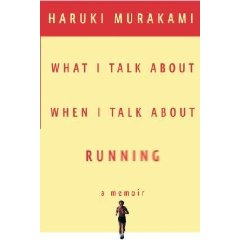The Power of Good
In early May, I received an interesting e-mail from a reader. After the standard introductions, he said:
Though I’m progressing towards my goal to become a physicist, I’m also very interested in writing a novel.
He noted that before diving into a novel he would probably have to first “write a short story or two.” He wanted my advice for how to kick off this project in time for summer.
“This sounds like a great idea for a Grand Project,” I replied. “But I would first be definite that this is an important goal in your life, because I predict you’d need at least five years of focused work before landing a book deal becomes a possibility.”
My answer reflects an observation that plays an increasingly important role in my understanding of the world: if you want to do something interesting and rewarding — be it writing a novel, becoming a professor, or growing a successful business — you have to first become exceptional. As Study Hacks readers know, I think Steve Martin put it best when he noted that the key to breaking into a competitive and desirable field is to “become so good, they can’t ignore you.”
In other words, there’s no shortcut. If you want the world to pay attention to you, you have to provide a compelling reason. It doesn’t care about your life goals.
In this post, I want to discuss a simple method with a complicated back-story. It’s a technique that can help you move efficiently down the road toward becoming exceptionally good.
The story behind this advice starts with an old friend who possessed an unlikely talent.
Read more






